Writing like the greats: Stephen King

I've decided to start a series called Writing like the greats, especially aimed at new writers. Through these posts we will know what the great authors tell us about literary activity and what advice they have to give us.
Even if you don't like horror books and movies, you've heard about Stephen King. You might have read some of his books and you might have not like them, but you gotta give him credit: man, that guy can write. And I'm not saying he's going to win a Nobel Prize or anything 'cause that's not the kind of books he writes, but he's good at what he does, he's commited and especially, he writes. A lot. So what's the secret behind his succes? In 2000 Stephen King published his book On Writing: A Memoir of the Craft where he describes his experiences as a writer and gives some advices for aspiring writers, which is the reason why we are starting this series with this particular book. Through its pages, King discusses events in his life that contributed to his development as a writer. He says is not an autobiography, but he writes about events directly related to his writing like his early exposure to writing or his firts attempts to get published, and other experiences that helped him to become the man he is, like his relationship with his wife and his sordid history of overcoming drugs and alcohol abuse.
One of the book sections and one of the ones I loved the most is the part called "Toolbox" where King talks about some important elements. Let's start with the vocabulary: the author of Carrie says the vocabulary must be natural and according to the character. Even when the author is just one person, his characters are not. A peasant can't talk the same way a lawyer, or a child, that's obvious. But King adds naturality: characters must feel real and authentics.
Then, he talks about grammar and style. He prefers active voice over passive voice and he warns us about adverbs. We must not over trust in their use. In a dialogue, rather than use an adverb to express the way a character says something, we should just use the word "said" and add in the sentence a description that aloud us to figure out the way he said it. For example, in stead of writing "said Charles, furiously" we can use "said Charles and left, slamming the door". That shows a mad attitude and is a more powerful image. That's one of the most important advices King gives us in his book, not only in the use of adverbs, but in every moment: we must show, not only say.

King also gives some tips about narration, description and dialogue. In narration, he says we gotta let things flow. We can create an initial situation, but after that we gotta let the story tells itself, let the characters do what they feel like. Descriptions must be mesured. We can use details, but not many of them. We don't need to know the color of the walls of every room we set the action in. In some cases we may describe a lamp, or a window, or any other object, but mainly the things that are going to be esential to the scene. And in these descriptions we must be originals. Don't use worn-out metaphors or comparisons and don't use them too much either. On dialogues he invites us to be honest and tell the truth. He means the truth about the characters, to be honest with the personality of each character, to make them believable. Don't use stereotypes, the good, the bad, the weak, real people is so much more complex and characters must be that way. The good guy can kill someone, or steal, and the bad guy can be tender with his kids.
Finally, Stephen King gives us two key words: commitment and discipline. In order to become a good writer, we gotta start from the other side of the mirror: the reader. We must read a lot, because "If you don't have the time to read, you don't have the time or the tools to write." And of course we must write a lot, 'cause masters are made out of practice. He explains his rutine of writing 3,000 words a day! He's so disciplined and committed to his work that even after his big success, he doesn't get up from his desk until he has reached that amount of words; obviously it's a huge challenge for us, so he invites us to start with a thousand words a day (a little more than the length of this post), and to write every day. Only through discipline and hard work we are going to adquire what we need to develope a style of our own.
So what do you think about these advices? are you willing to use them? see you later on our next Writing like the greats, where we're gonna talk about another marvelous author.
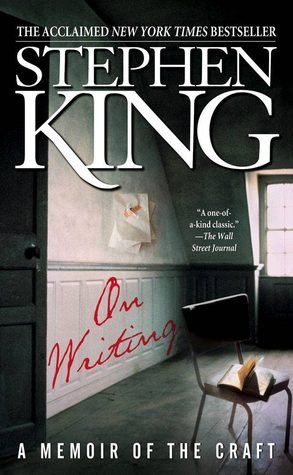
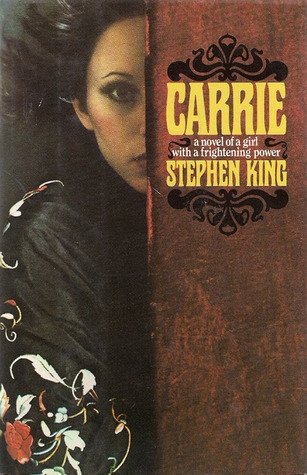

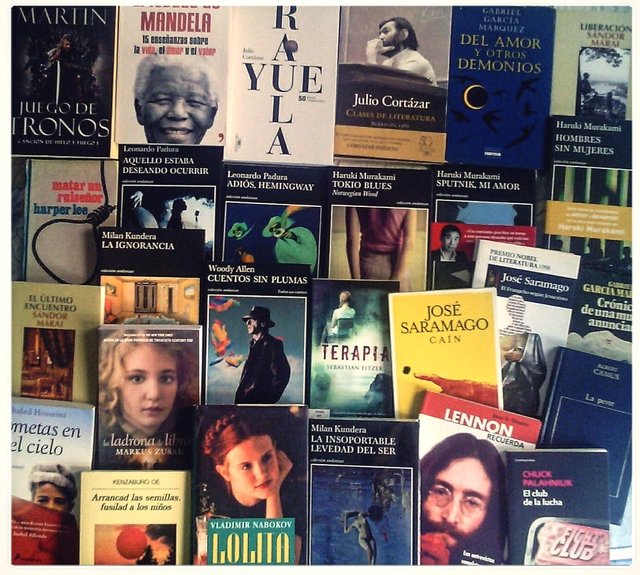



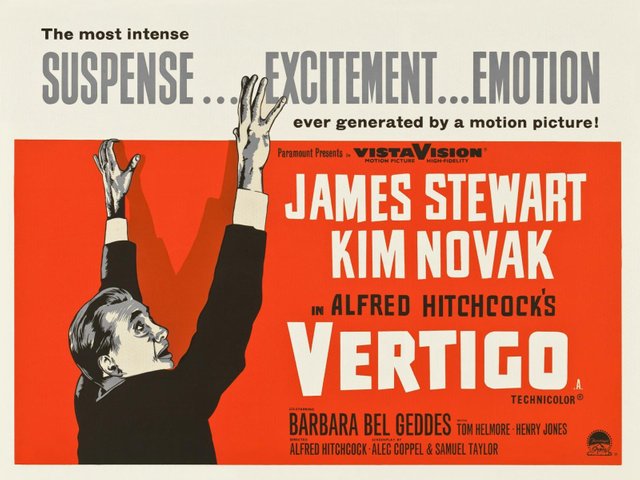
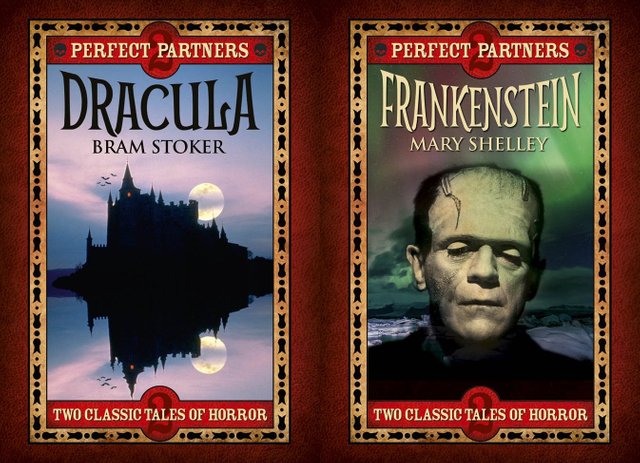

Great work!
Very good series, @cristiancaicedo. Stephen King's recommendations seem to me to be very accurate for the narrative genre. Greetings.
I think the same way about those recommendations. Stay tuned for what's coming @josemalavem Thanks for reading. Greetings.
Essay writing requires the proper application of grammar rules. A well-written essay writing about grammar will have an interesting tone and sound. Various sentences with varied tenses and points of view will make the piece more interesting. Also, it is good practice to avoid the use of jargon and complex metaphors.